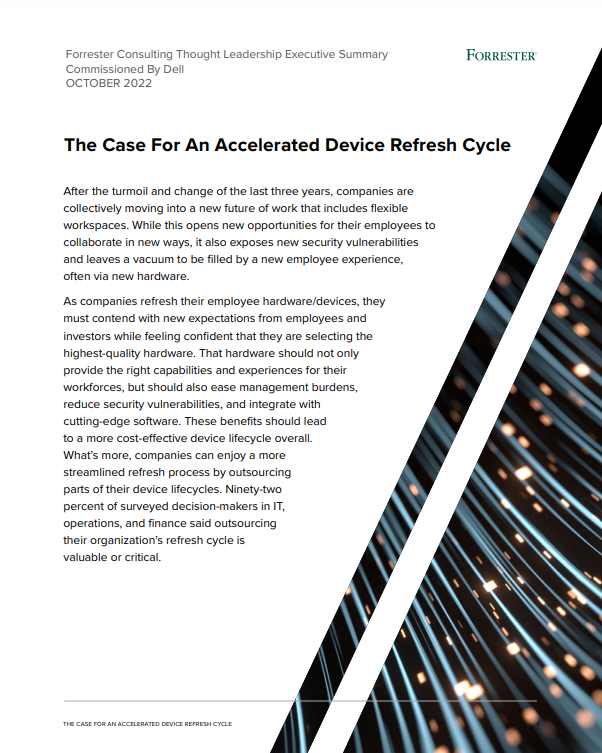Singapore firm “saves $400 million” by not migrating to cloud
The recent surge in cloud costs appears to have vindicated Ahrefs’ decision to invest in on-prem hardware


Sign up today and you will receive a free copy of our Future Focus 2025 report - the leading guidance on AI, cybersecurity and other IT challenges as per 700+ senior executives
You are now subscribed
Your newsletter sign-up was successful
A Singaporean SEO business said it has saved up to $400 million in just three years by maintaining its own on-prem server infrastructure instead of shifting to the cloud.
Ahrefs chose to invest in its own hardware infrastructure rather than migrating to the cloud, specifically AWS' cloud services.
The decision was driven by early concerns over the financial viability of moving to the cloud, which the company concluded simply wasn’t possible.
“Cloud service providers have become knowledgeable outsourcers of IT services, providing convenient and often easy-to-use services,” Efim Mirochnik, who leads data centre operations at Ahrefs, in a blog post.
“With excellent marketing, conferences, certifications, and cherry-picked use case scenarios, it’s easy for one to think that clouds are the only reasonable destination for the IT of a modern business.”
“But the costs of these outsourced cloud benefits are sometimes high. They’re so high we were concerned about whether our business could exist if our infrastructure was 100% in the cloud.”
According to Mirochnik, the firm purchased a batch of 850 physical servers and chose to run them in a co-located data centre as part of a process which began in 2020.
Sign up today and you will receive a free copy of our Future Focus 2025 report - the leading guidance on AI, cybersecurity and other IT challenges as per 700+ senior executives
These servers are of a “similar configuration” to what customers can expect through AWS services, Mirochnik said.
“The only difference is in the CPUs of two generations with the same number of cores. We use high core-count CPUs, 2TB RAM, and 2x 100Gbps per server. On average, our servers have about 16x 15TB drives.”
Per server, he revealed this costs the company around $1,500 a month, a figure eclipsed by the equivalent AWS costs which the company calculated to be $17,557 for the same period.
These estimates also considered the cost of electricity, ISP charges, dark fibre expenditures, and the associated costs incurred for simply maintaining and operating servers.
Unrealistic expectations
Mirochnik noted that when considering the possible costs associated with cloud hosting, the company “wouldn’t be profitable, or even exist” if its products were hosted entirely on AWS.
RELATED RESOURCE

The case for an accelerated device refresh cycle
Achieving a more cost-effective device lifecycle overall
Ahrefs’ total revenue for the last three years stood at around $257 million. When looking at the possible cloud costs across that period, the company revenue “wouldn’t even be close to covering the two-and-a-half-year AWS usage costs”.
“If we used a cloud-only approach, our infrastructure costs would be more than ten times higher,” he said. “But because we don’t do that, we can spend the money we saved on actual product improvements and developments.
“Consequently, having faster and better results means that our servers are much faster than what a cloud can provide - given its limitations. Our reports are also generated faster and are more comprehensive, as the time needed per report is shorter.”
Cloud costs prove inhibitive
Rising cloud costs in recent months mean that businesses worldwide have been forced to reconsider their spending in this space, with some organisations choosing to draw back their cloud investments and even go so far as to repatriate workflows to on-prem infrastructure.
Speaking to IT Pro in February, Philip Dawson, VP analyst at Gartner, said that this cloud repatriation trend is expected to continue across 2023 as firms look to tighten budgets.
Last month, 27 Signals CTO David Heinemeier Hansson revealed in a series of blog posts that the company expects to save $7 million in the next five years from shifting away from the cloud.
The company embarked on a cloud repatriation project in October last year in response to rising costs. In this instance, the firm found that it spent $3.2 million on AWS cloud services across 2022, with a significant portion of this spent on just running “app servers, cache servers, database servers, and search servers”.

Ross Kelly is ITPro's News & Analysis Editor, responsible for leading the brand's news output and in-depth reporting on the latest stories from across the business technology landscape. Ross was previously a Staff Writer, during which time he developed a keen interest in cyber security, business leadership, and emerging technologies.
He graduated from Edinburgh Napier University in 2016 with a BA (Hons) in Journalism, and joined ITPro in 2022 after four years working in technology conference research.
For news pitches, you can contact Ross at ross.kelly@futurenet.com, or on Twitter and LinkedIn.

